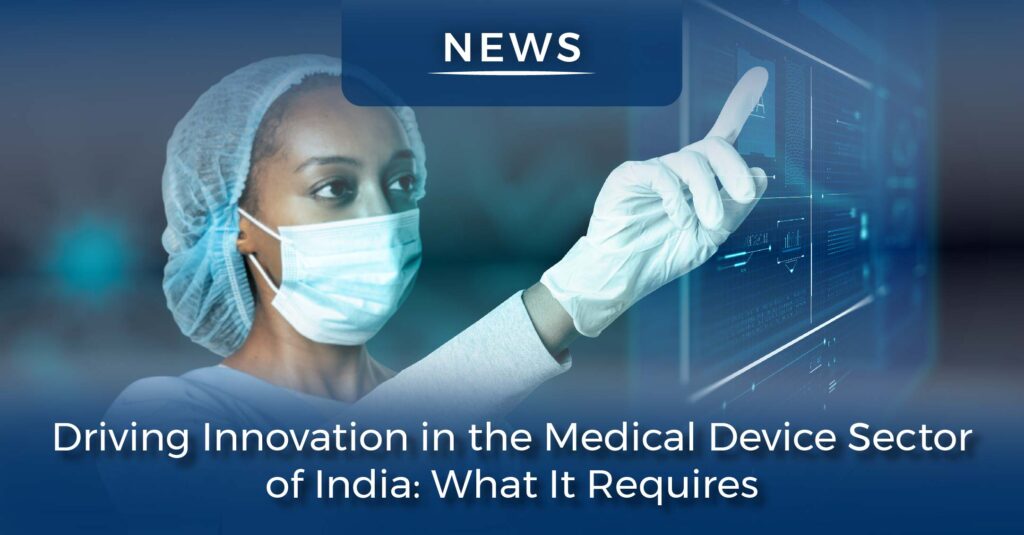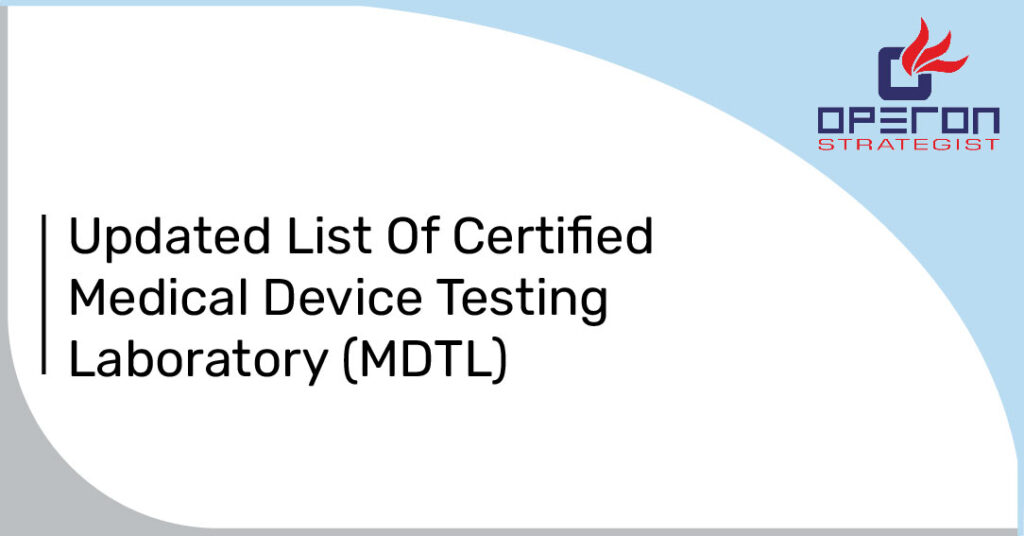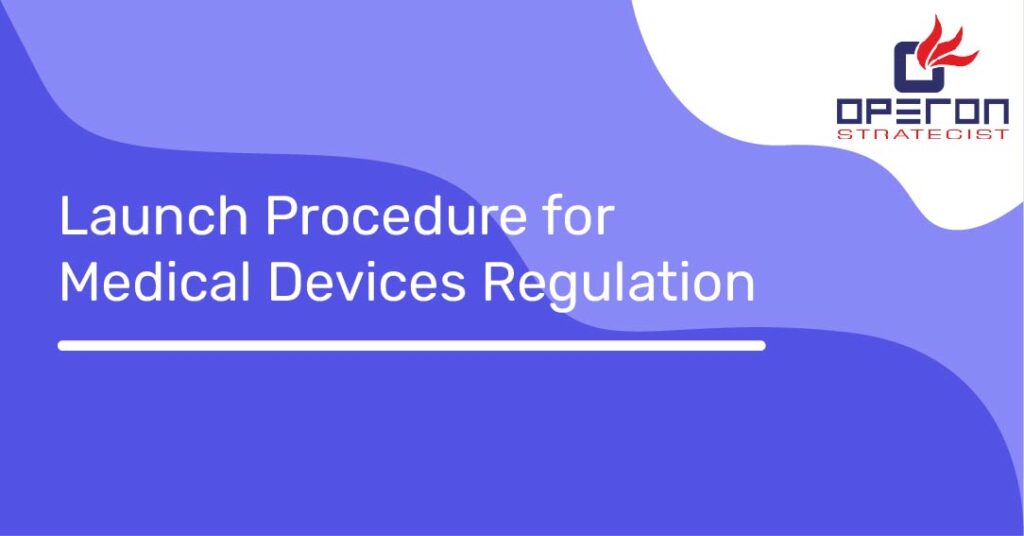The Beginning of the Transformation of the Industry
In India, fostering collaboration among stakeholders is seen as the linchpin for advancing the development of high-quality medical devices that can effectively address patient needs while ensuring sustainability. A recent report jointly published by KPMG in India and the Asia Pacific Medical Technology Association highlights the existing policies and initiatives that drive innovation in India’s medical device sector, offering insights into the challenges and recommendations for overcoming them. This report aims to guide stakeholders through the transformation of the medical device industry in the country.
Start Your Medical Device Business With Us!
Let’s have a word about your next project
The Report Identifies Six Key Themes Crucial for Fostering Innovation in India’s Medical Devices Sector:
- Supportive Regulations and Policies: The report advocates for the forthcoming Drugs, Medical Devices & Cosmetics Bill 2022, which will modernize existing regulations and separate medical devices from pharmaceutical products. It also emphasizes aligning Indian standards with global norms and streamlining intellectual property (IP) processes. A robust monitoring mechanism is recommended for effective policy implementation.
- Incentivizing Research: Encouraging research can be achieved through various incentives, including tax benefits for innovation, research grants, workforce training, clinical trials, and patent-related incentives.
- Robust Digital Infrastructure: The report stresses the importance of data security and privacy laws, promoting the use of data for innovation while safeguarding sensitive information. The adoption of digital health technologies, such as AI-driven diagnostics, telemedicine, and wearable devices, should be coupled with adequate funding to enhance India’s digital capabilities.
- Public-Private Partnerships (PPP): The report recommends frequent collaboration between medical device manufacturers and the government to facilitate PPPs. The government should encourage dialogues and partnerships between academia, healthcare providers, and private-sector players, aiming to serve the domestic market.
- Conducive Ecosystem: Building a collaborative ecosystem involving hospitals, manufacturers, and startups is crucial for medical device growth in India. This ecosystem should support globally-oriented startups, leverage academic and research institutions, and reduce competition for investments through targeted funding. It is also advised to emphasize clinical evidence and publication of results in industry journals to build consumer trust and explore innovative funding models.
- Workforce Upskilling and Cross-Skilling: Collaboration between industry and academia can be instrumental in upskilling the workforce. Organizations are urged to train their employees in assembling high-end devices, R&D, product life cycle management, and manufacturing to enhance their contributions to the innovation life cycle. Creating a conducive learning environment is essential for retaining and developing employee skills.
"Embrace the Healthcare Innovation Revolution and Launch Your Manufacturing Business with Operon Strategist!"
In the larger context, India’s medical device sector is poised for substantial growth, with projections suggesting it could reach $50 billion by 2030, compared to $11 billion in 2022. India is transitioning from being a cost-focused industry to an innovation-driven one, aiming for self-reliance in medical device manufacturing and ensuring accessibility and affordability for the population. However, challenges such as a skilled workforce shortage, infrastructure limitations, and insufficient insurance coverage hinder local medical device innovation.
To address these challenges, the Indian government has taken significant steps by launching various initiatives, including policies, incentive schemes, and support for startups in the healthcare and AI sectors. Alongside the government, research institutions, academic organizations, startups, and local medtech enterprises have played a vital role in advancing medical device research and development in the country.

-
Operon Strategisthttps://operonstrategist.com/author/snehal/
-
Operon Strategisthttps://operonstrategist.com/author/snehal/
-
Operon Strategisthttps://operonstrategist.com/author/snehal/
-
Operon Strategisthttps://operonstrategist.com/author/snehal/




